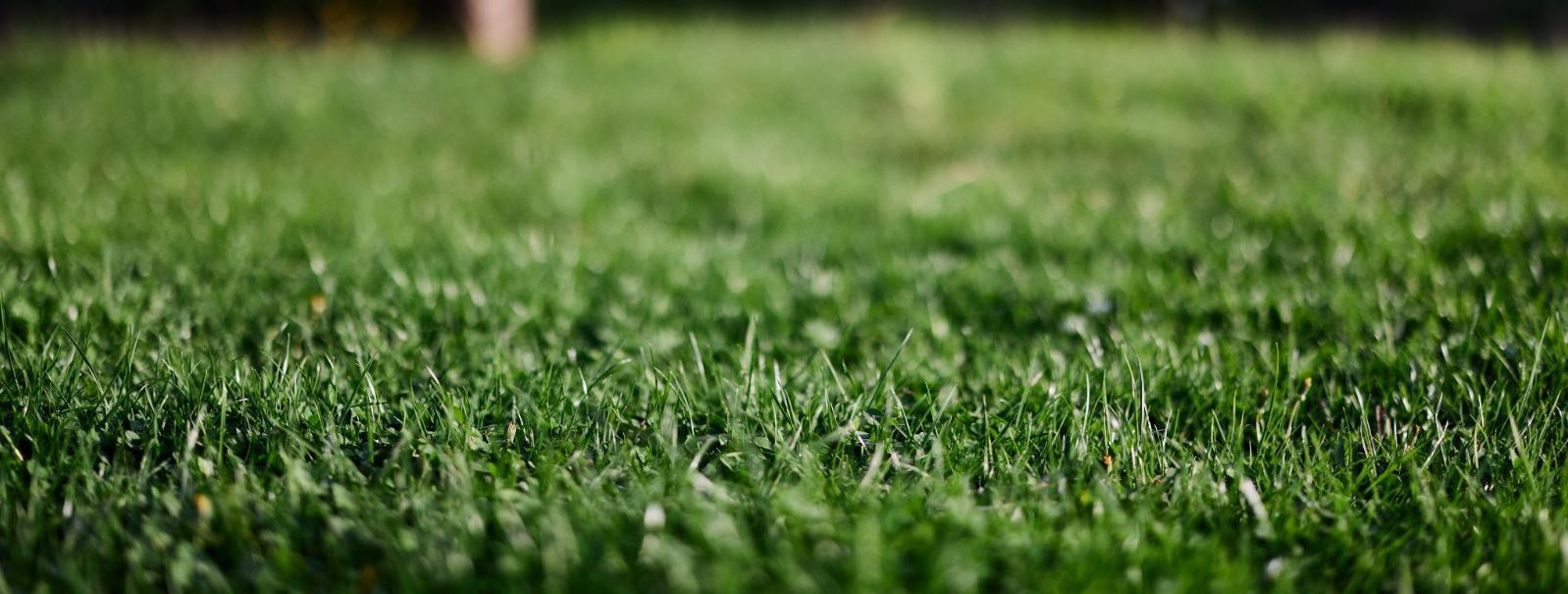5 eco-friendly ways to maintain your lawn
As environmental awareness grows, so does the importance of eco-friendly lawn maintenance. For municipal authorities, commercial property managers, and residential communities, adopting green practices is not only beneficial for the planet but also for the health and safety of the areas they manage. In this post, we'll explore five sustainable methods to keep your lawns thriving without compromising environmental integrity.
1. Organic Lawn Care
Organic fertilizers are derived from natural sources and are better for the soil and the environment. They release nutrients slowly, improving soil structure and promoting healthy lawn growth over time.
Instead of chemical herbicides, consider using organic weed control methods such as mulching, hand weeding, or organic herbicide formulas. These practices reduce the risk of contaminating groundwater and protect local ecosystems.
Composting yard waste and grasscycling – leaving grass clippings on the lawn after mowing – provide natural nutrients back to the soil, reducing the need for additional fertilizers.
2. Water Conservation Techniques
Smart irrigation systems optimize water usage by watering lawns based on real-time weather data and soil moisture levels. This technology ensures that lawns receive the right amount of water at the right time, minimizing waste.
Collecting rainwater to irrigate your lawn is an excellent way to conserve water. Installing rain barrels or a more sophisticated collection system can significantly reduce municipal water use.
Designing landscapes with drought-resistant plants and grasses can drastically cut down on water consumption while maintaining an aesthetically pleasing environment.
3. Natural Lawn Pest Management
Encouraging a diverse ecosystem in your lawn can naturally keep pest populations in check. Introducing beneficial insects like ladybugs and lacewings can help control pests without the use of harmful chemicals.
There are numerous DIY solutions for pest control that are safe and effective. For example, neem oil and diatomaceous earth can protect your lawn from a variety of pests without adverse effects on the environment.
For larger or more persistent pest problems, consider hiring a professional service that specializes in eco-friendly pest management. They can provide targeted, sustainable solutions that are safe for both the environment and the community.
4. Eco-Friendly Lawn Equipment
Manual tools like reel mowers and electric-powered equipment are quieter, produce no emissions, and are often just as effective as their gas-powered counterparts.
Solar-powered lawn equipment is an emerging technology that offers a clean, renewable energy source for maintaining your lawn.
Using low-emission lawn maintenance equipment can significantly reduce the carbon footprint of lawn care. It also contributes to a healthier working environment for maintenance staff.
5. Sustainable Lawn Practices
Consider reducing the size of your lawn by incorporating native plant gardens, edible landscapes, or hardscaping. This can decrease maintenance requirements and promote local biodiversity.
Alternative ground covers such as clover or moss require less water, no mowing, and minimal upkeep, making them an excellent choice for sustainable lawn care.
Adjusting lawn care practices with the seasons can save energy and resources. For example, less frequent mowing during dry periods can help conserve water and protect the lawn from stress.






Comments (0)